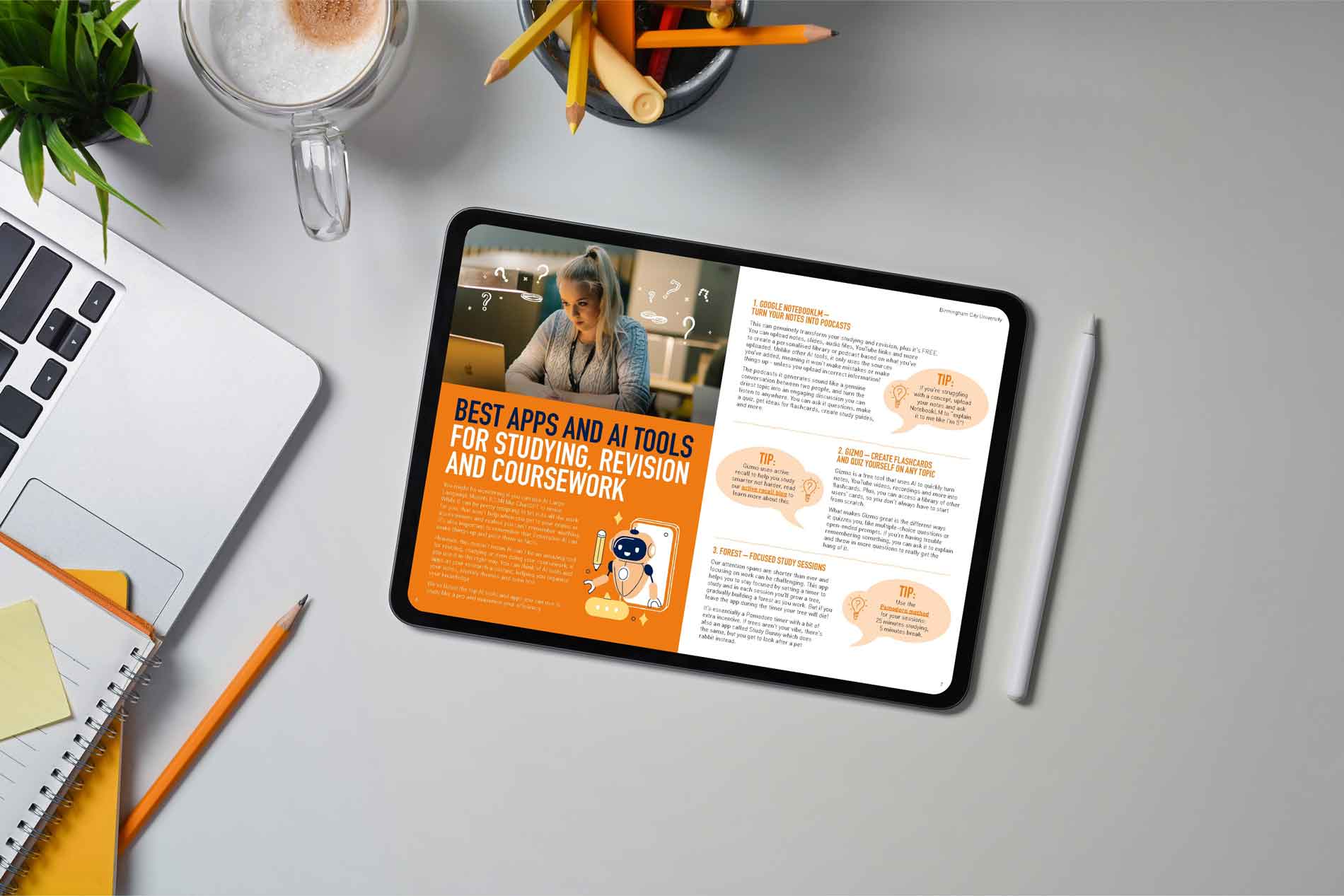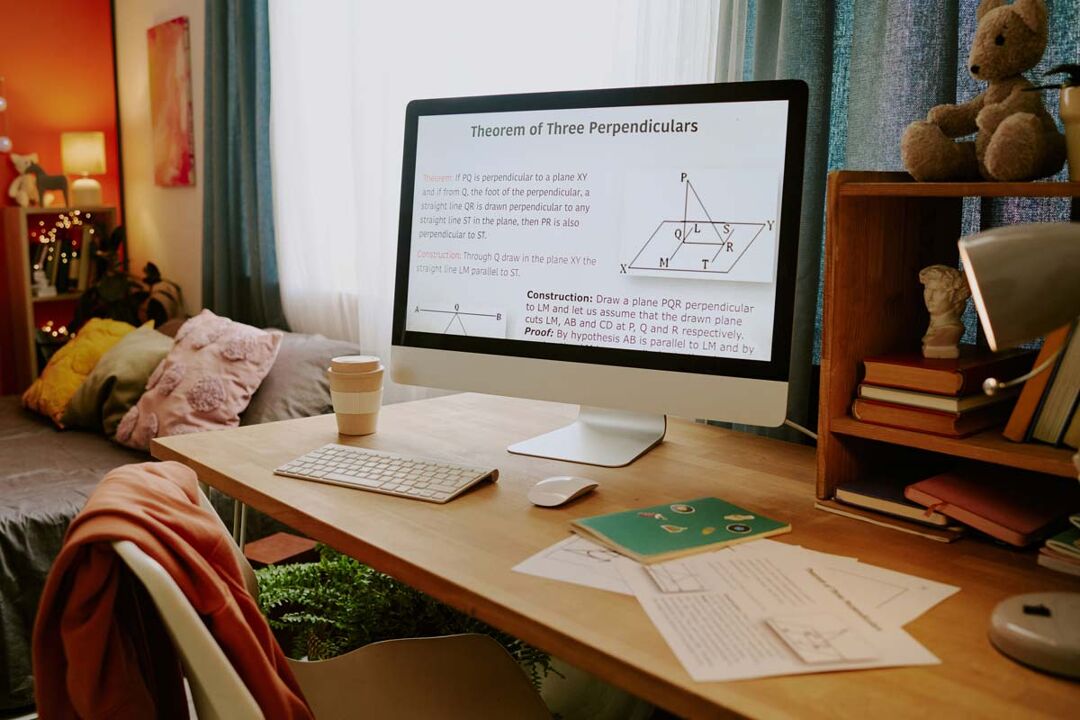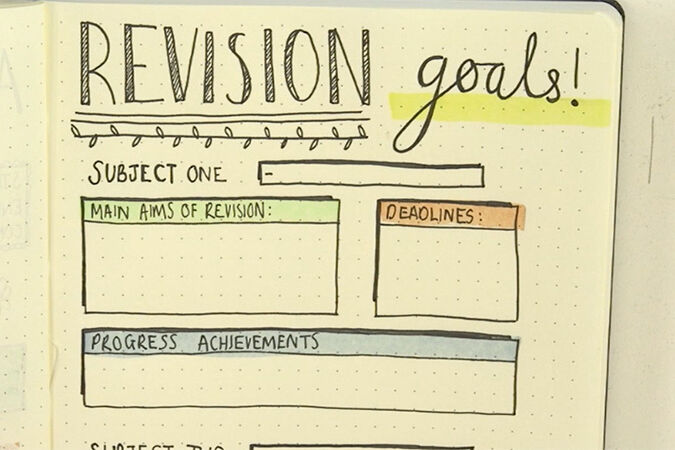
Advice

As a parent or carer, you want the best for your child, especially when it comes to their education. GCSE revision can be challenging, and you may be wondering how you can support your child through this stressful time. Whatever subjects your young person is studying, a well-planned revision schedule and effective revision methods are key. In this guide, we share practical advice on how to support your child with revising for their GCSEs, from when to start and how long to revise each day, to teaching them to create a revision plan that works.
Struggling to help your child with revision?
Get your FREE guide packed with expert study tips, a step-by-step timetable planner, essential AI learning tools, and more to smash your exams.
When should my child start revising for GCSEs?
It's common to start revising at least 3 to 6 months before GCSEs, so studying is spread out over time rather than crammed into the last few weeks. If your child is in Year 11, they'll likely do mock exams at school in December or January ahead of exams in May and June. So, you may want to start putting aside time for them to revise at home from January onwards. The earlier they start reviewing content, the more time they'll have to solidify their knowledge or get to grips with content they find more challenging.
How long should your child revise each day?
Quality is more important than quantity. Instead of long, overwhelming study sessions, encourage your child to work in focused bursts of 25 to 45 minutes with regular breaks in between (the ). It might be tempting to push your child to work for many hours, especially if you have high expectations for their future. However, research shows that shorter, high-quality study sessions are much more effective than long hours of passive revision. Encourage your child to use active recall and past papers instead of simply reading notes for hours. Anywhere between 1 and 4 hours a day is a normal amount to revise.
How do I support my child with GCSE revision?
Supporting your child's revision means creating an environment where they can focus, providing encouragement, and helping them organise their revision schedule. Here are a few tips:
- Create a dedicated study space: An area that's just for revising will help them focus, try to make this outside their room so they have a different space to relax. Or set dedicated time aside and encourage them to pack things away when they're done.
- Encourage a balanced routine: Ensure they have time for revision, breaks, meals, and relaxation.
- Discuss their progress: Regularly check in with your child to see how their revision is going and offer guidance when needed.
- Help them set realistic goals: Break subjects into manageable chunks. An example in Combined Science could be: cell biology, chemical changes, and forces.
- Use the specification to guide their learning: Search for the subjects they're studying + exam board and specification to find out what content they need to know.
- Set up a revision routine that works for everyone: If your home is busy or noisy, encourage younger siblings to play in a different room or set 'quiet hours' in the evening so your child can focus.
Where to find GCSE revision resources
There's lots of great content for GCSE revision, from free websites and apps to Revision Guides or subscriptions. Here are a few you could try:
- : free quizzes, podcasts, videos and more.
- : paper booklets for each subject covering all the essential topics.
- : a free homework and revision website proven to make students learn faster, you can also track their progress.
- : a free AI-assisted study platform that converts notes into flashcards and quizzes. Also uses spaced repetition to reinforce learning.
- : the gold standard for creating flashcards and using spaced repetition. Requires a subscription.
- : a free channel on YouTube loved by GCSE Maths students.
- Exam boards: find out which exam board your child's school uses (, , or ), then visit their website to download the specification for their subjects and past papers.
Additional support for exam stress
Sometimes, the pressure of revision can be overwhelming for both of you. It's important to ensure your child's well-being isn't neglected during this time. Encourage mindfulness practices and stress management techniques, and if needed, seek external support:
- For professional advice, consider contacting or .
- The site offers guidance and resources.
- For 24/7 confidential support, is available.




